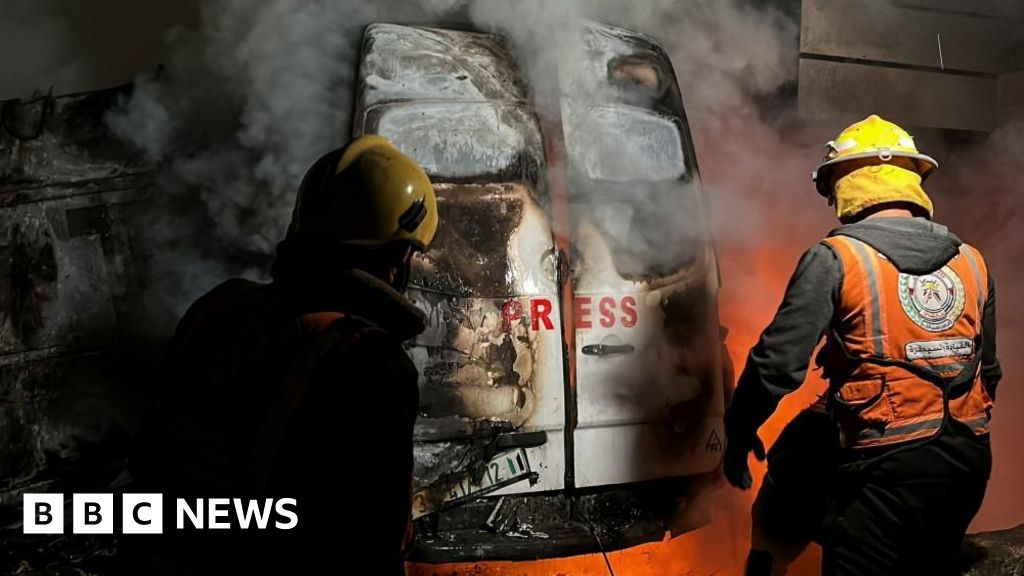Beirut:
Heavy exchange of fire continues between Israel and Hezbollah on Sunday. Israel struck Hezbollah's south Beirut stronghold, as Lebanese media reported intense fighting in the border area. In response, Iran-backed Hezbollah fired about 250 rockets and other projectiles into Israel in one of the militant group's heaviest barrages in months wounding at least seven people.
Israeli air defences intercepted some rockets fired by Hezbollah, but others caused damage to houses in central Israel, according to a report by AFP. Some projectiles even reached the Tel Aviv area in the heart of Israel.
Hezbollah, in a statement, said that it had "launched, for the first time, an aerial attack using a swarm of attack drones on the Ashdod naval base" in southern Israel. Later, it said it fired "a barrage of advanced missiles and a swarm of attack drones" at a "military target" in Tel Aviv, and had also launched a volley of missiles at the Glilot army intelligence base in the city's suburbs. Hezbollah has previously reported attacks against the Glilot base.
The Israeli military confirmed around 250 projectiles were fired in one of the war's highest daily figures. On September 24-- the day after Israel escalated air strikes against Hezbollah-- there were 350 launches from Lebanon, according to the military.
This is what Sunday looks like for millions of Israelis under Hezbollah rocket fire.
On the left: A direct rocket hit on a home in Northern Israel
On the right: A car on fire following a rocket attack in central Israel.
Hezbollah must be eliminated. pic.twitter.com/VelXCS2yDG
Meanwhile, in Lebanon, Israel struck the capital's southern suburbs, a Hezbollah stronghold, a day after a wave of Israeli strikes that the health ministry said killed 84 people. Deadly strikes also hit the heart of Beirut over the past week.
On Sunday Lebanon said in-person classes in the capital area would be suspended on Monday for safety reasons.
War Casualties And Quest For Truce Deal
The conflict has killed at least 3,754 people in Lebanon since October 2023, according to the health ministry, most of them since September. On the Israeli side, authorities say at least 82 soldiers and 47 civilians have been killed.
The heavy exchanges of fire came despite an immediate Israel-Hezbollah ceasefire call from top EU diplomat Josep Borrell while on a visit to Lebanon on Sunday. In Beirut, Mr Borrell held talks with parliamentary speaker Nabih Berri, who has led mediation efforts on behalf of his ally Hezbollah.
"We see only one possible way ahead: an immediate ceasefire and the full implementation of United Nations Security Council Resolution 1701," Mr Borrell said.
"Lebanon is on the brink of collapse", he warned.
Earlier this week, US special envoy Amos Hochstein also said in Lebanon that a truce deal was "within our grasp", and then headed to Israel for talks with officials there.
Under Resolution 1701, which ended the last Hezbollah-Israel war of 2006, Lebanese troops and UN peacekeepers should be the only armed forces present in the southern border area.
The resolution also called for Israel to withdraw troops from Lebanon, and reiterated earlier calls for "disarmament of all armed groups in Lebanon."

 1 month ago
6
1 month ago
6









 English (US) ·
English (US) ·